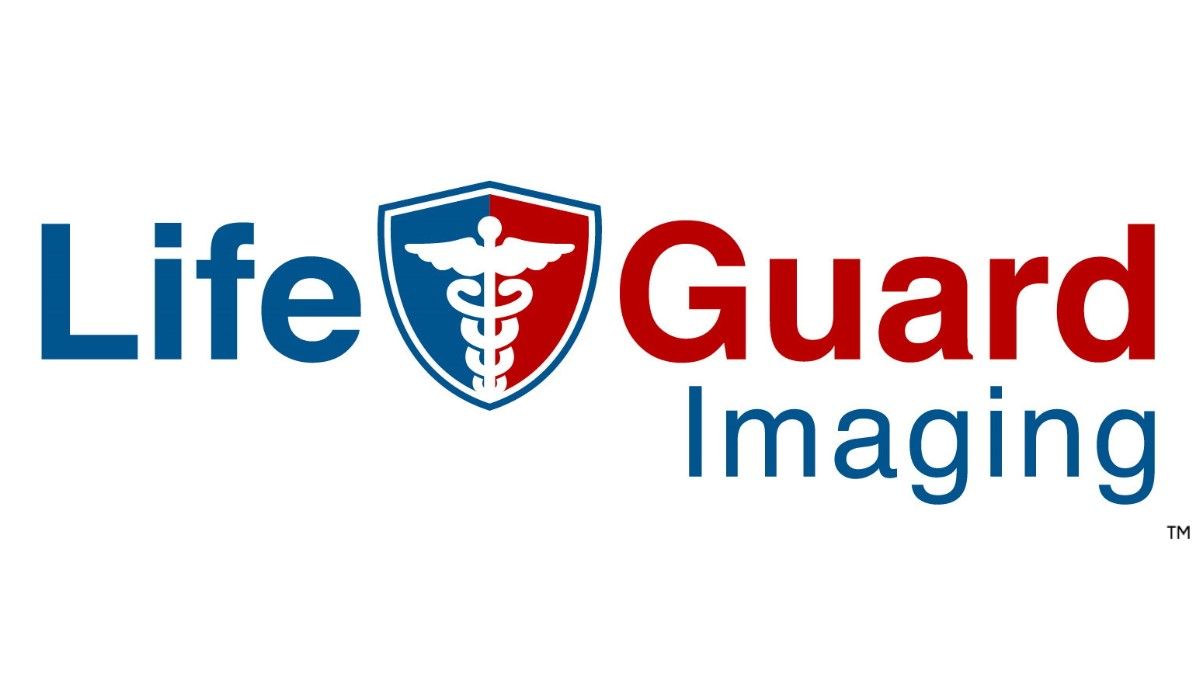
Most people don’t realize they’re at risk for heart disease—until they’re in the ER. The truth is, symptoms aren’t always noticeable, but your risk factors might be. A Coronary Artery Calcium (CAC) Scan is one of the best ways to bring those hidden threats into focus.
Should You Get a CAC Scan?
You don’t need to have symptoms to get a scan. In fact, that’s exactly the point of the scan itself. Most people with early-stage heart disease feel completely normal—until they don’t. Plaque builds up slowly over time. The earlier you know it’s there, the more power you have to prevent serious outcomes. A Coronary Artery Calcium (CAC) scan helps you get ahead of it. Here’s who should consider scheduling one:
- You’re Between 40 and 70 and Unsure of Your Risk: This is the “gray zone” where many people fall—not high-risk, but not in the clear either. A CAC scan can clarify your risk and help your doctor make personalized recommendations.
- You Have a Family History of Heart Disease: If your parents or siblings have dealt with cardiac issues, your risk may be higher, even if your lifestyle is healthy. Genetics matter, and a CAC scan offers insights that bloodwork can’t provide.
- Your Cholesterol or Blood Pressure Is Elevated: Even slightly high numbers can increase your risk over time. The scan shows if these markers have already started contributing to plaque in your arteries.
- You Have Diabetes or a History of Smoking: Both are major risk factors for cardiovascular disease. A CAC scan helps determine if lifestyle damage has already begun—and gives you a clearer path forward.
- You Feel Fine But Want Peace of Mind: It’s common to think, “I’m not in pain, so I must be okay.” But more than half of people who die from heart disease experience no prior symptoms. The absence of symptoms does not mean the absence of risk.
And here’s what most people don’t realize: a physical exam, standard blood tests, or even an EKG can all come back normal while plaque quietly builds up in your arteries. These tools have value—but they can’t show calcified plaque. Only a CT-based calcium scan can, which is why this test is such a critical complement to traditional care. It fills in the gaps, and once you know your score, you and your doctor can make decisions that are tailored and timely.
Book Your Heart Scan in Phoenix Today
If you’ve been wondering whether you’re at risk—wondering is enough to make the call. Reach out to Life Guard Imaging in Phoenix today at
(623) 264-7511 to schedule your Coronary Artery Calcium Scan. This is one of the smartest decisions you’ll ever make!
